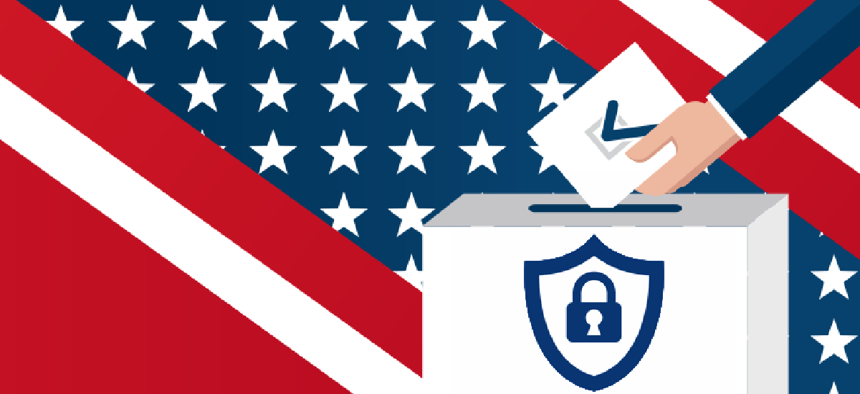Relief package comes up short on election support, experts say

Some lawmakers and election security experts say the $400 million in the relief package for helping states and municipalities restructure their election processes in the wake of the COVID-19 pandemic sum isn’t close to what is needed.
While the $2 trillion economic relief package dedicates $400 million for helping states and municipalities restructure their election processes in the wake of the COVID-19 pandemic, some lawmakers and election security experts say the sum isn’t close to what is needed.
Michael Waldman, president of the Brennan Center for Justice at New York University Law School, estimated state and local officials would actually need $2 billion to prepare. "That funding is not partisan and it is not a luxury," Waldman said. "Time remains of the essence."
The Center calculated that states need approximately half a billion dollars to expand vote-by-mail infrastructure, including postage for sending and receiving mail-in ballots and as much as $117 million for drop boxes to securely hold drop-off ballots. When it comes to IT, they would need $16.7 million for secure technology that allows voters to request ballots online or by phone, $4.2 million for ballot tracking software, $85.9 million to bolster existing state online voter registration systems and an additional $82.3 million to test those systems for capacity and security vulnerabilities.
The funding in the Senate package was "not all that we need by any way, but it is a first step," Sen. Amy Klobuchar (D-Minn.) said.
Klobuchar and Sen. Ron Wyden (D-Ore.) introduced legislation earlier this month that would expand no-excuse absentee voting by mail for every state, guarantee online and in-person registration up to 21 days before an election, direct the Election Assistance Commission to create a uniform, downloadable and printable absentee ballot, charge the General Services Administration and the Cybersecurity and Infrastructure Security Agency with creating a new domestic ballot update service and reimburse states for the costs of developing or purchasing secure remote ballot marking.
Wyden and Klobuchar's bill has 28 cosponsors in the Senate, all Democrats. Klobuchar said they planned to work with House leadership -- where Speaker Nancy Pelosi's (D-Calif.) competing bill called for $4 billion in state election grants -- to try to secure additional funding in future bills in the next two or three months. They said they their goal is "not reinventing the wheel" but scaling up current tools that states already have to help people vote without physically heading to the polls.
"This is not like buying an entirely new election system. What this is is taking [states'] existing laws … getting more ballots out by mail, getting more envelopes out, getting more postage out and upping their system that they have now," Klobuchar said.
This article was first posted to FCW, a sibling site to GCN.





